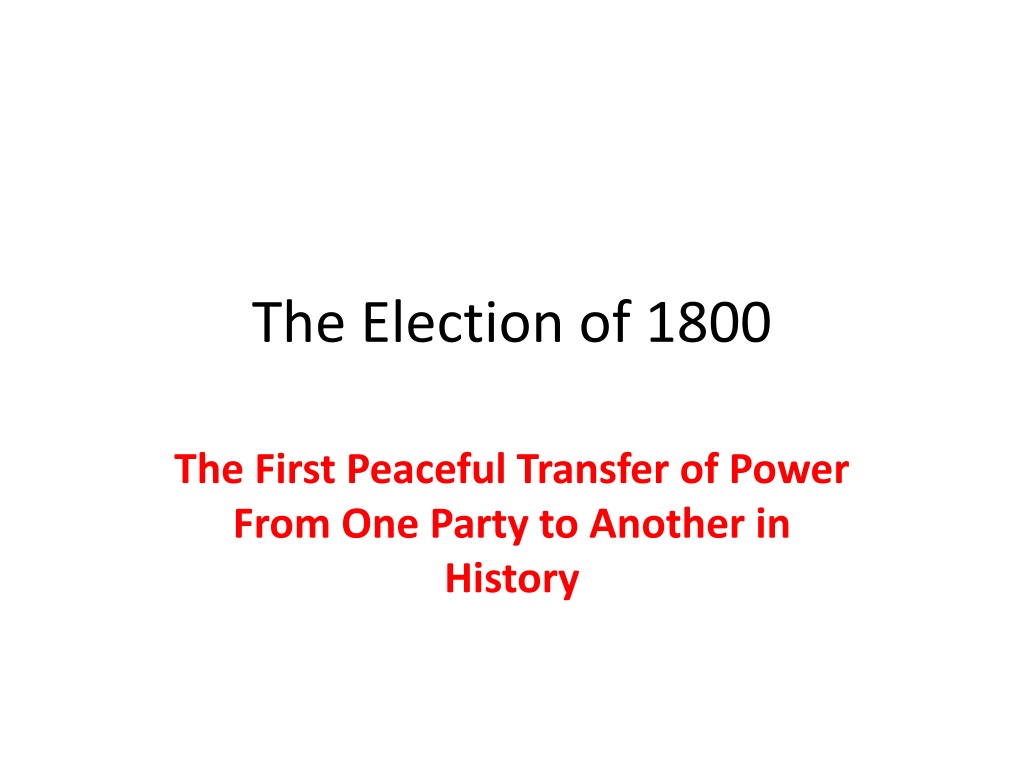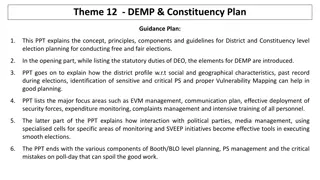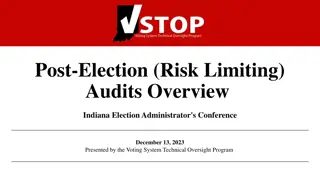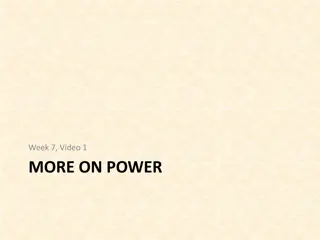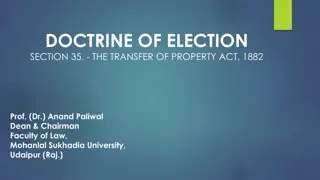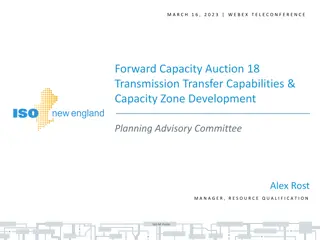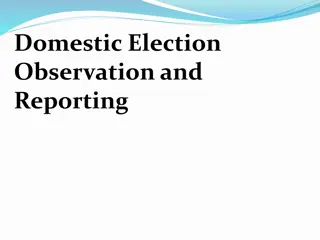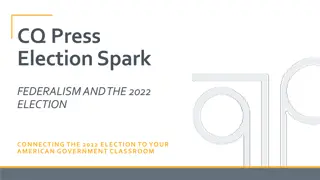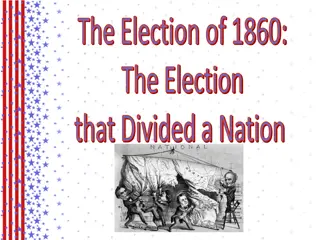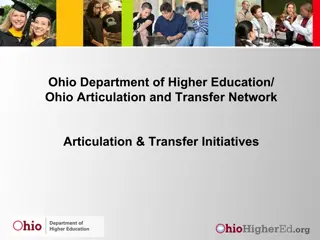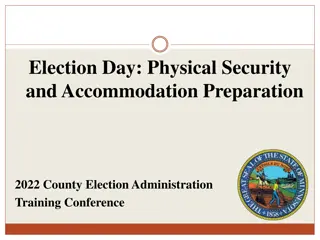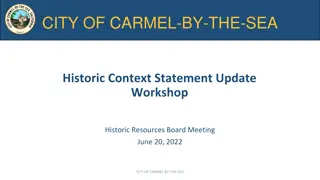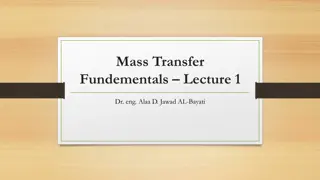The Election of 1800: A Historic Transfer of Power
The Election of 1800 marked the first peaceful transfer of power from one political party to another in American history. Thomas Jefferson and Aaron Burr emerged as key figures, with Jefferson eventually winning the presidency after a contentious process in the House of Representatives. This election, marred by Federalist resignations and strategic shifts, set a significant precedent for future transitions of power.
Download Presentation

Please find below an Image/Link to download the presentation.
The content on the website is provided AS IS for your information and personal use only. It may not be sold, licensed, or shared on other websites without obtaining consent from the author.If you encounter any issues during the download, it is possible that the publisher has removed the file from their server.
You are allowed to download the files provided on this website for personal or commercial use, subject to the condition that they are used lawfully. All files are the property of their respective owners.
The content on the website is provided AS IS for your information and personal use only. It may not be sold, licensed, or shared on other websites without obtaining consent from the author.
E N D
Presentation Transcript
The Election of 1800 The First Peaceful Transfer of Power From One Party to Another in History
Thomas Jefferson 13 April 1743 4 July 1826
Aaron Burr 6 February 1756 14 September 1836
John Adams 30 October 1735 4 July 1826
Charles Cotesworth Pinckney 25 February 1746 16 August 1825
The Election of 1800 Thomas Jefferson/Aaron Burr John Adams/Charles C. Pinckney --------------------------------------------------- CT 9 DE 3 GA 4 KY 4 MD 5 5 MA 16 NH 6 NJ 7 NY 12 NC 8 4 PA 8 7 RI 4(3) SC 8 TN 3 VT 4 VA 21 73(73) 65(64)
Balloting started 11 February 1801 Under original Constitution if such Number be a Majority of the whole Number of Electors appointed; and if there be more than one who have such Majority, and have an equal Number of Votes, then the House of Representatives shall immediately chuse by Ballot one of them for President. Voting was by States and a majority of States was necessary for election.
First 35 Ballots Jefferson 8 States; Burr 6 States; 2 States Undecided 17 February 1801 Some Federalists abstain within State delegations: Jefferson 10 States; Burr 4 States; 2 undecided. Federalists in Vermont and Maryland abstained within their states and the States went over to Jefferson.
Jeffersonian-Republican Federalist 1804 Thomas Jefferson Charles Pinckney States (Popular Vote) 162 103,943 14 38,723 17 (10) 1808 James Madison Charles Pinckney 122 123,716 47 62,425 17 ( 9) 1812 James Madison De Witt Clinton 128 140,197 89 128,065 18 ( 8) 1816 James Monroe (Miscellaneous Federalists) 183 76,560 34 17,611 19 ( 9) 1820 James Monroe (Miscellaneous Federalists) 231 87,183 1 16,727 24 (15) 1824 Popular Electoral Vote Vote ----------------------- Andrew Jackson 151,287 99 John Quincy Adams 111,811 84 William H. Crawford 47,417 41 Henry Clay 47,707 37 24 (18) Democrat Whig 1828 Andrew Jackson John Quincy Adams 178 638,348 83 507,440 24 (22)
